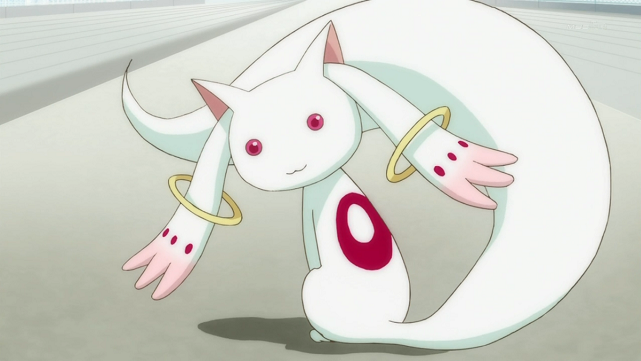When some people write the antagonist of a story, they usually end up being too obvious of villains, myself being no exception. For example: a Mustache twirling guy in a black set of clothes and/or a Wicked ugly witch. But if you could come up with an antagonist that seems unorthodox as far as villains go, what would it be?
For me, in one of my fanfiction ideas, i have two ideas that seem to fall into this category: 1.) A cute little girl with a sweet disposition, who is in fact the daughter of the main villain, and soon reveals herself to be just as cruel and wicked as he. 2.) The Goddess of Love herself, Aphrodite. People are always focusing on Hades, Hera, Poseidon, Eris and Ares as villains, how would it look to have Aphrodite as a villainess?
For me, in one of my fanfiction ideas, i have two ideas that seem to fall into this category: 1.) A cute little girl with a sweet disposition, who is in fact the daughter of the main villain, and soon reveals herself to be just as cruel and wicked as he. 2.) The Goddess of Love herself, Aphrodite. People are always focusing on Hades, Hera, Poseidon, Eris and Ares as villains, how would it look to have Aphrodite as a villainess?

 Troubadour
Troubadour
 Auror
Auror Archmage
Archmage Scribe
Scribe